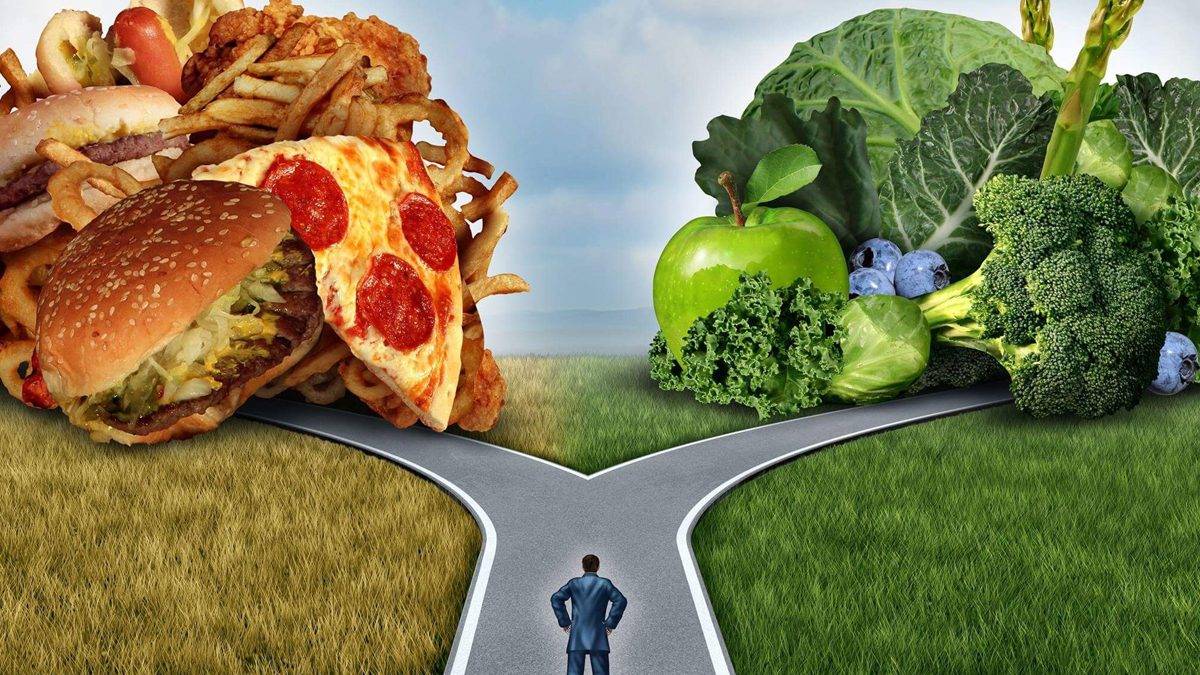Most of Us Can Change What, When, & How Much We Eat. For a Little While
Most of us can change what, when, and how much we eat for a little while. But once our newfound “willpower” runs out, we fall right back into old habits. Every single time!
Why is breaking up with destructive eating behaviors so hard to do?
Kari Anderson, DBH, CEDS is the Executive Director of Green Mountain at Fox Run and its Women’s Center for Binge and Emotional Eating in Ludlow, Vermont, and is the co-author of the book, Eat What You Love, Love What You Eat, for Binge Eating. Kari teaches at Plymouth State University in New Hampshire.
Editor: Nadeem Noor
It’s complicated and primal, and it has everything to do with your brain trying to help you survive. Yes, even if the eating changes that you’re trying to make will make you healthier.
The Quest for Survival
Deep within our brain lies a basic quest for survival, located in the reptilian brain. Food is key to our survival and it represents safety. So if someone (even you) starts messing around with your food, all bets are off. That’s because any threat to your safety, whether real or perceived, evokes fear.
This is especially true for those with a history of food insecurity caused by poverty, eating disorders, or chronic dieting. Adoptive parents of children from countries with food scarcity often report food-hoarding behaviors among their children, even though there is now plenty of food. I once read about staffers at an eating disorder treatment center that found an entire cut of frozen roast beef under a patient’s bed. (Evidently, she had gotten into the walk-in freezer when no one was looking.)
Chronic dieting can cause a sense of food insecurity, too. If you grew up with a parent or other caregiver who tried to control your food, or if you have willingly participated in continuous dieting behavior, you will naturally experience some degree of threat when you begin to change your eating habits.
Food As Love
Food also has a strong emotional pull. Part of our habits with food have been built within the reward pathways of our mammalian brain. Not just the reward of pleasure, but those representing a connection, bonding, and even love. Food is not just food—it can mean so much more.
According to the Porges Polyvagal Theory, a behavioral hypothesis that is gaining recognition, relationships and social engagement with others is the primary way that mammals have developed to calm themselves. This natural regulation is accomplished through neurological processes. When relationships go missing, food often serves a similar function.
Through sensory experiences and the movement of facial muscles, eating neurologically mimics social interaction, providing a feeling of safety and calm. So when someone says food is “my friend, my lover,” they aren’t far off the mark. They are using eating to regulate their nervous system.
Use Your “Rational” Brain
As humans, we have a higher-level brain—the human brain, or cortex—with the ability to plan, reason, and see things through to the end. Most of our diet plans or goals for changing our eating behaviors take place at times when we are calm (possibly when we have a bag of chips in hand). Unfortunately, when we are stressed and tired, we lose our rational brain and our quest for safety automatically defaults to our reptilian or mammalian brain.
Don’t lose hope. You can change your brain. There are effective methods for healing food insecurity, habitual food reward pathways, and the isolation and food as a connection cycle. Programs like Green Mountain at Fox Run offer science-based solutions in a safe healing environment.
For more information, see my next post “The Secret to Changing Eating Behavior for Good.”

